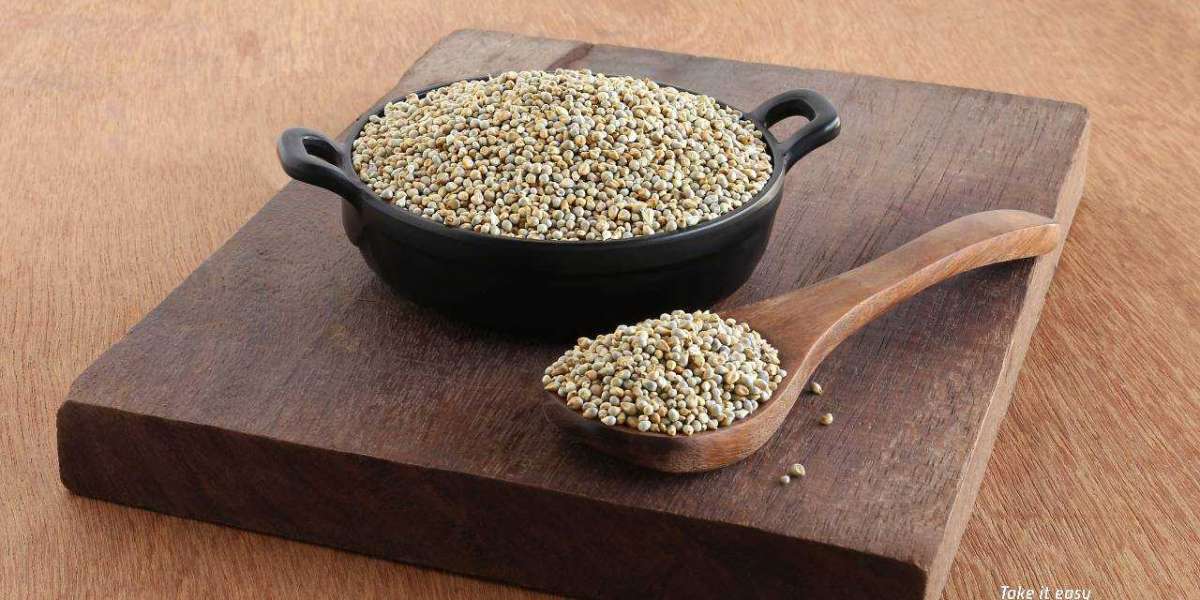Postnatal vitamins are designed to support a new mother’s health after childbirth and can have an indirect effect on breast milk quality and quantity. While postpartum vitamins may not directly impact milk production, the nutrients provided by postnatal multivitamins can influence the overall health of the mother, which in turn can affect breastfeeding. Postnatal vitamins are not intended to support milk supply or quantity, but they can enhance milk quality by increasing certain nutrients. Calcium, DHA, and Vitamins A and C are present in breast milk regardless of intake, while DHA and Vitamins A and C are present only if consumed, and milk levels vary with intake levels. While
The Connection Between Postnatal Vitamins and Breast Milk
Postnatal vitamins play a crucial role in supporting a breastfeeding mother's health and ensuring adequate nutrient levels while breastfeeding. These postpartum vitamins typically rich in key nutrients like vitamin D, calcium, iron, and omega-3 fatty acids, help replenish the nutrients depleted during pregnancy and childbirth. When a breastfeeding mother consumes postnatal vitamins, these nutrients are absorbed into her bloodstream and become part of her overall nutrient pool, ultimately contributing to the composition of breast milk.
The nutrients from postnatal multivitamins can pass into breast milk, providing essential elements for the baby's growth and development. For instance, adequate levels of vitamin D and calcium in breast milk help in the development of a baby's bones and teeth, while iron supports their cognitive and physical development. While the direct connection between the intake of postnatal vitamins and breast milk composition is evident, it's important to note that a balanced diet also significantly influences the quality and quantity of nutrients in breast milk. Thus, postpartum vitamins act as supplements to support a breastfeeding mother's nutritional needs, enhancing the quality of breast milk for the baby's optimal growth.
Although these nutrients are designed to complement a breastfeeding mother's diet, filling potential nutritional gaps, and ensuring she has the necessary components to produce high-quality breast milk for her baby's optimal growth and development. Thus, incorporating Trimacare pregnancy supplement into your postnatal care routine can improve your pregnancy chances and baby's development. Trimacare pregnancy supplements multivitamin is a single-pill solution that provides over 20 essential nutrients needed during pregnancy.
Nutrients In Postnatal Multivitamins and Their Influence
Postnatal vitamins are typically formulated with specific nutrients crucial for a new mother's recovery and to support her health during breastfeeding. Some key nutrients commonly found in these prenatal pills and their influences include:
- Vitamin D: Essential for bone health, it helps in the absorption of calcium and supports the development of the baby's bones. Adequate vitamin D levels in breast milk are vital for the infant's skeletal growth.
- Calcium: Alongside vitamin D, calcium contributes to bone strength and development, benefiting the mother and the baby. It helps meet the high demand for calcium during breastfeeding, ensuring the infant receives enough for bone growth.
- Iron: Iron is crucial for both the mother's recovery from childbirth and the baby's development. It supports the production of red blood cells and helps prevent anaemia in the mother. Iron in breast milk helps the baby's cognitive and physical growth, as iron is necessary for various metabolic processes.
- Omega-3 Fatty Acids: Particularly DHA (docosahexaenoic acid) and EPA (eicosapentaenoic acid) are important for the baby's brain and eye development. These fatty acids contribute to neurological development and vision in infants.
- Folic Acid: While more commonly associated with pregnancy, folic acid is still important postnatally as it helps in tissue repair and supports the production of new cells, which can benefit a pregnant mother's recovery.
Trimacare: The Most Preferred Postpartum Vitamins Among Indian Pregnant Mothers
Trimacare pregnancy vitamin supplement is designed to meet Indian mothers recommended daily allowances (RDAs). The Trimacare pregnancy vitamin tablet is a three-stage, dietary supplement tailored to each trimester of pregnancy, specifically designed for Indian pregnant women to prevent deficiencies and health issues, including essential calcium and vitamin D. Trimacare multivitamin tablet for pregnancy, developed by renowned doctors, nutritionists, and pharmacologists, is based on the ICMR and WHO Multi-Micronutrient Model.
Source url - https://nyasowi.com/read-blog/9086








